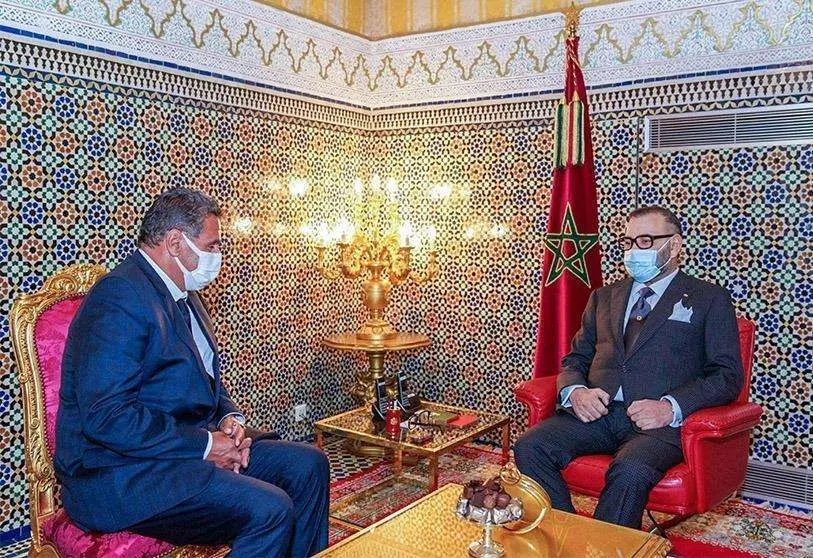Morocco's commitment to modernity

The fight against inequality, the main challenge facing the new Moroccan government.
The votes cast by Moroccans in the elections of 8 September showed a commitment to modernity by placing their trust in the political parties that are most in tune with the objectives of King Mohammed VI's power structure. The new government of the liberal Aziz Ajanouch, leader of the RNI (National Rally of Independents), has taken office in coalition with the PAM (Party of Authenticity and Modernity) and the nationalists of the Istiqlal.
Ten years of correct cohabitation between the King's entourage and the moderate Islamists of the PJD (Justice and Development Party), who have been severely punished for what the Moroccan electorate has considered mismanagement by hindering the process of modernisation, innovation and development of a country that has suffered the coronavirus pandemic and now faces the main challenge of economic and social recovery, will be a thing of the past.
Another key element in the defeat of the PJD, which has gone from 125 to 13 seats, was its ambiguity regarding the official establishment of relations with Israel. The more than eight-point increase in voter turnout is a factor to be taken into account and is particularly relevant in what Morocco considers to be the southern provinces of the Moroccan Sahara with the highest voter turnout of more than 60 per cent.
The new stage that is opening has a businessman, Minister of Agriculture since 2007, Aziz Ajanouch, whose party has also won the regional and municipal elections, assuming a significant share of power. The political and personal harmony of the new prime minister with King Mohammed VI and his entourage of sovereignty ministries such as Interior, Defence, Foreign Affairs and Religious Affairs is total, and the expectations created after the elections were translated by the monarch himself in his speech at the beginning of the Legislature when he stressed that the elections consecrate the victory of Morocco's democratic orientation and the alternation in management and define the political and economic lines to continue along the path of recovery after the pandemic and to have achieved the supply of basic food, health and energy products; the reactivation of the economy, which in 2021 will reach a growth rate of 5.5% with a significant increase in agricultural production and exports; and the great challenge of the National Development Plan, which constitutes the great battle against inequality, Morocco's most serious problem.
Mohamed VI spoke of the country's external challenges, but without mentioning Algeria or Spain.

